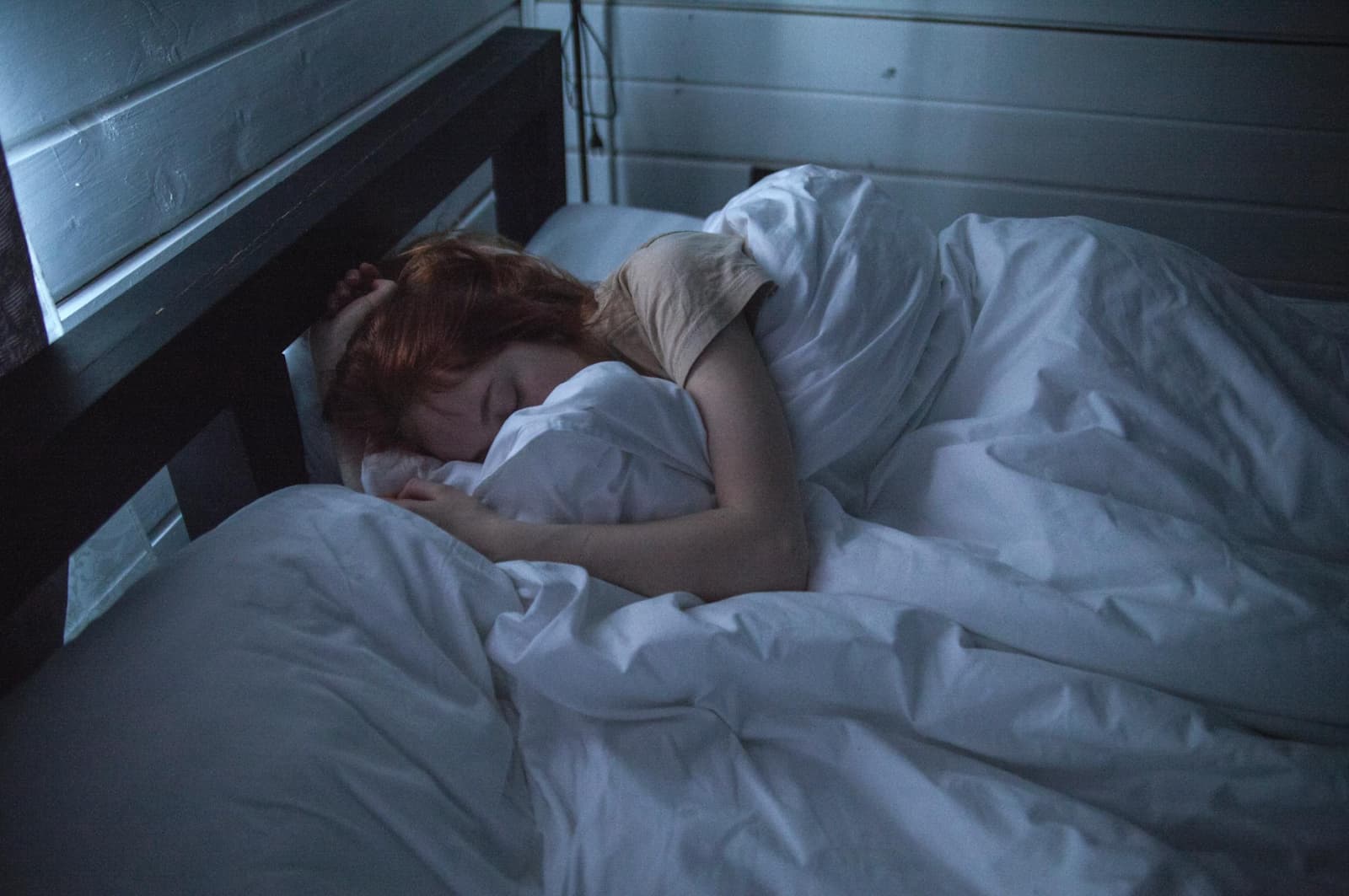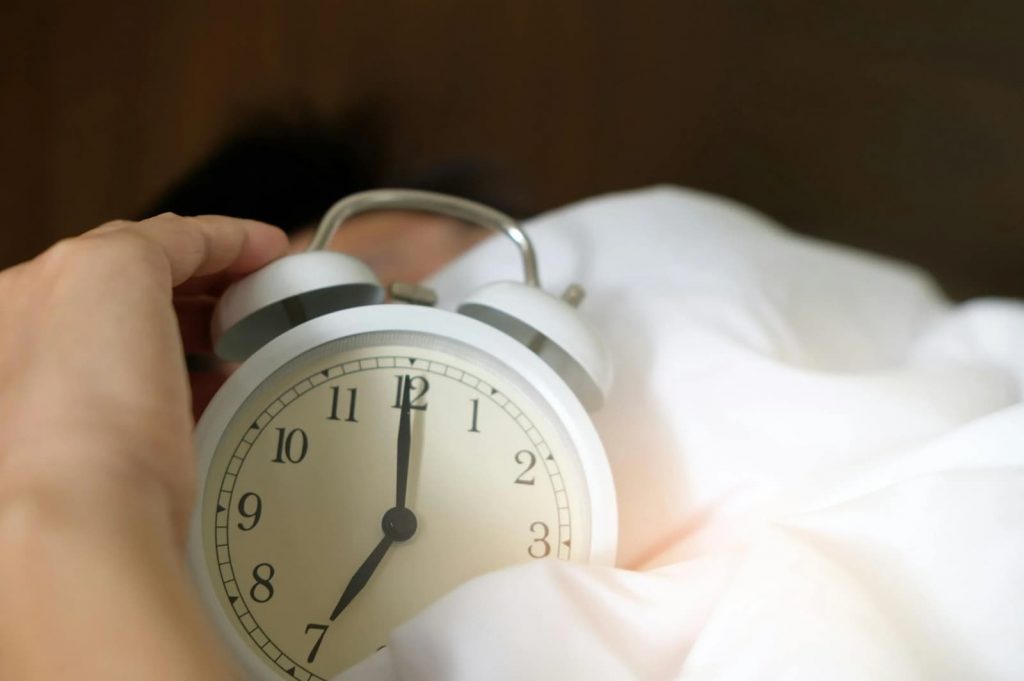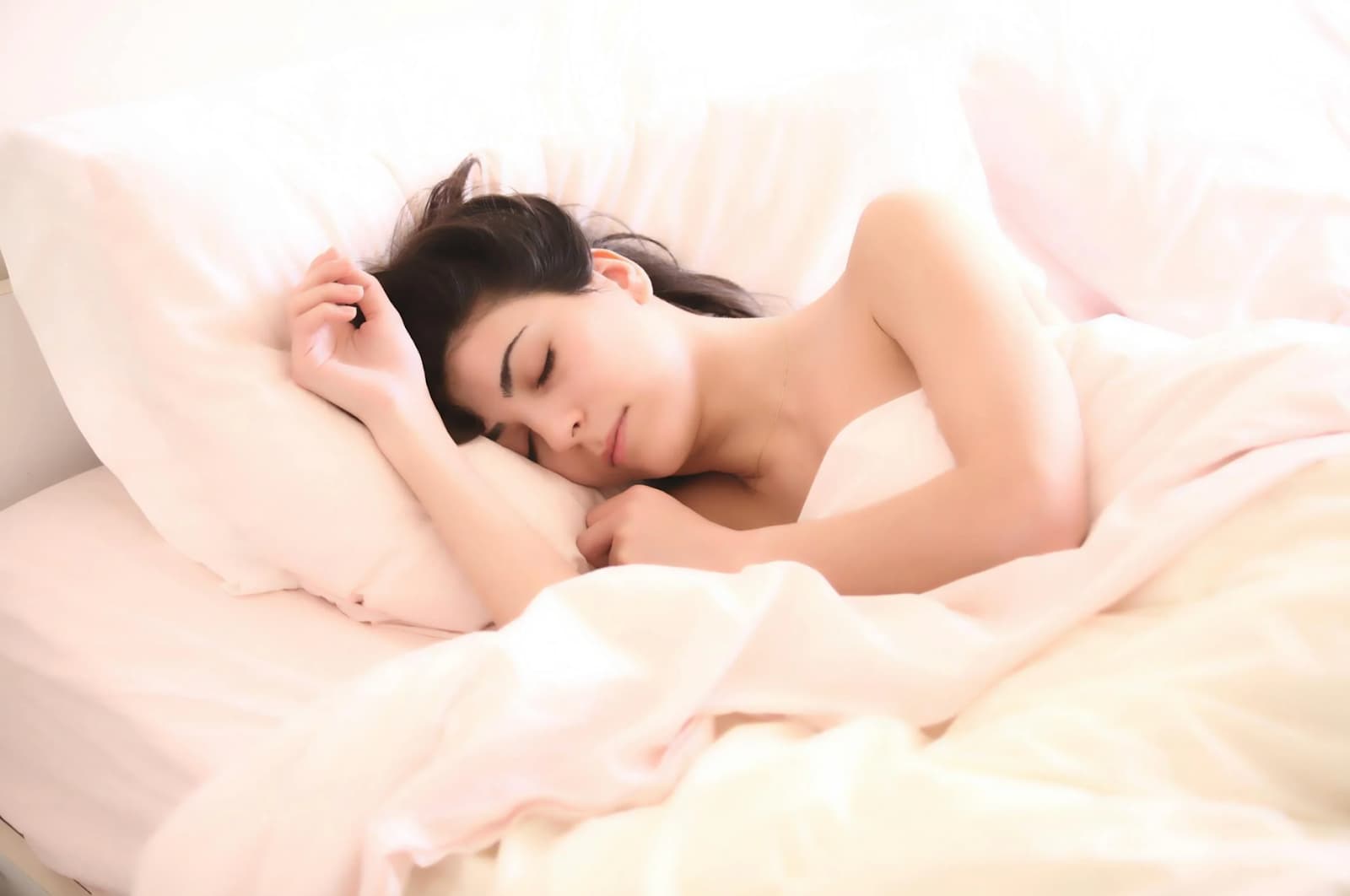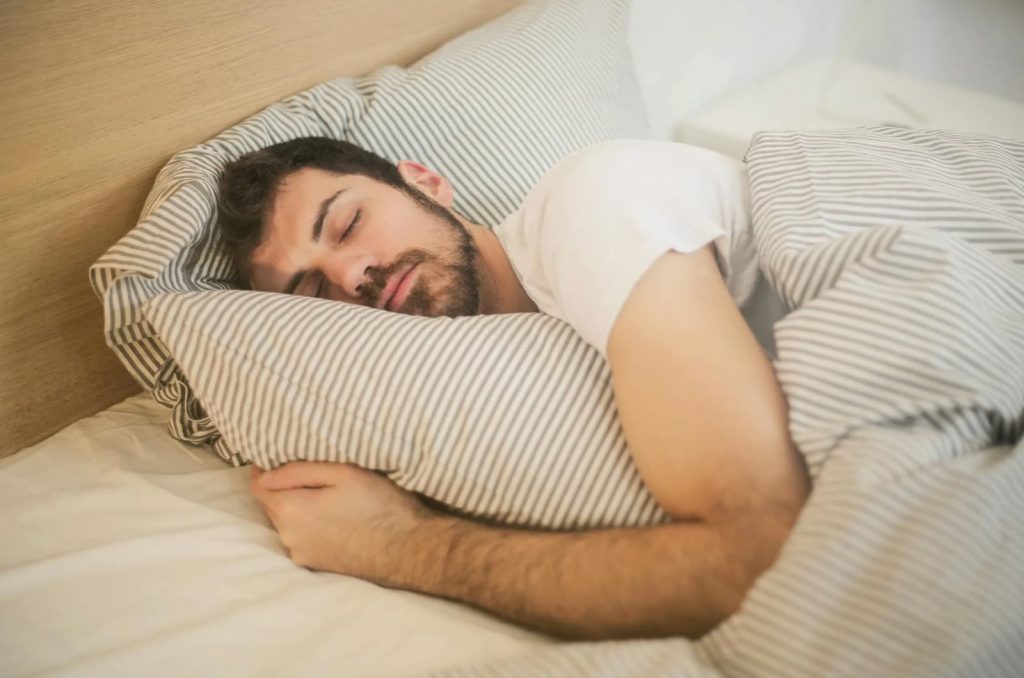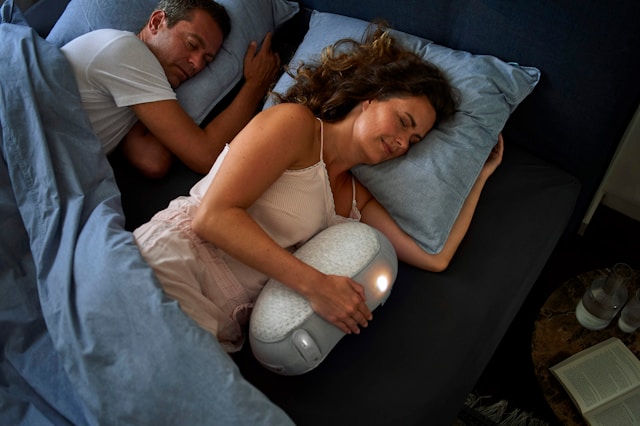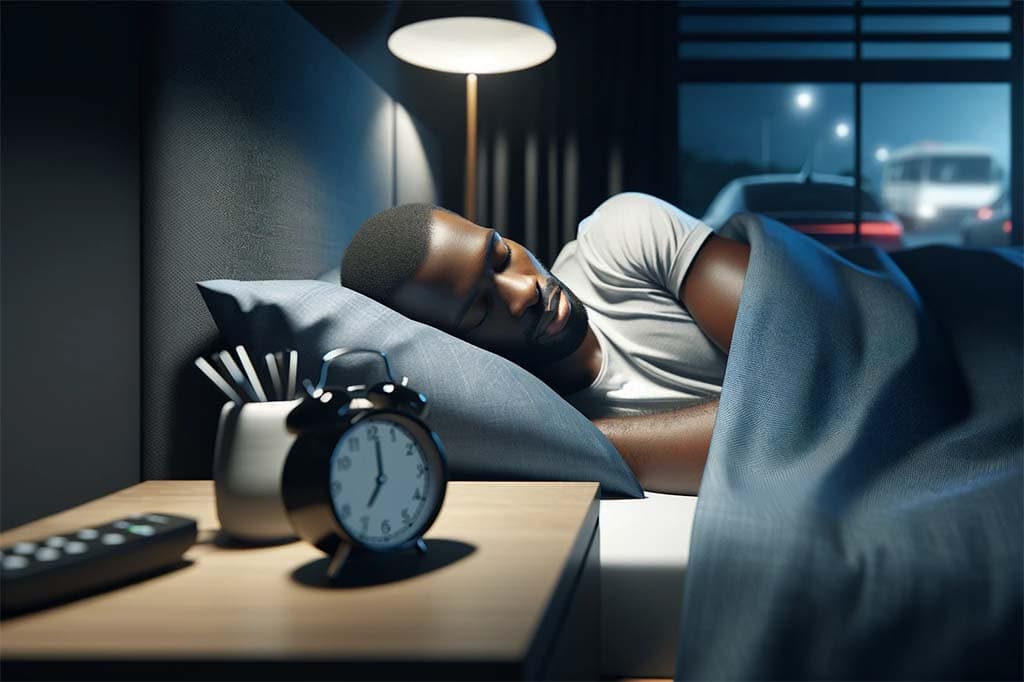Regardless of the app type you use, be it for fitness tracking, finance management, cooking skills refinement, or learning a new language, bringing a touch of play will undeniably turn the mundane into something magical, encouraging us to keep coming back for more. This is why mobile app gamification has become so popular: it taps into our innate desire for achievement, conquering challenges, and experiencing small victories along the way.
Why Gamification Works
Gamification denotes the process of applying game-like mechanics, such as points, levels, leaderboards, and achievements to non-gaming scenarios in applications. For instance, fitness apps that track your steps offer such features in the form of daily goals. When you achieve the predefined number of steps, you usually receive a virtual confetti celebration or a congratulatory message, which spurs you on to do even better tomorrow.
Let’s take a language-learning platform that gives users streak points for ongoing everyday practice. These applications connect the efforts of users to tangible, incremental rewards, and by doing so, they motivate you to keep going. Well-thought-out gamification does more than just entertain; it taps into what drives us as human beings: achievement, progress, development, award, and recognition.
Common Gamification Elements
Points systems
Acquiring points is a simple system that is easy to understand and can be translated into various achievements, levels, or ranks that accompany your progress. This system can be used for awarding points for daily logins, completed tasks, or providing correct answers in quizzes and questionnaires, where points can serve as a universal metric for progress and giving awards.
Badges
Users receive badges — special icons that come in various digital shapes that users can collect to mark milestones or keep track of their significant achievements. For example, in an app focused on healthy eating, badges could be awarded when users submit photos or recordings of healthy meals for a full week or hit certain nutritional targets, such as meeting a specified calorie intake or consuming certain products or vitamins.
Leaderboards
To encourage users to compare their progress or performance with others, app developers can offer so-called leaderboards. However, this feature may also be a demotivating factor for those who fall far behind. To prevent this, you should try to strike a balance by creating smaller pods or groups that will keep leaderboards from overwhelming less-competitive users.
Streaks
Another more subtle but still potent technique is the use of streaks. This phenomenon often manifests when users, perhaps like yourself, feel compelled to open apps — particularly in language learning — solely to maintain an unbroken record of consistent usage over extended periods. That’s how consistency works: when your progress is visualized as a simple number that ticks upward each day when you are successful enough to complete a certain action. This approach harnesses the psychological principle of “loss aversion”, when people tend to feel the pain of losing something more intensely than the joy of gaining something else.
Practical Tips for Implementation
Know your users
Start by deep diving into your users' motivations. Talk to them, ask questions, and reveal their intentions to find out why they want to use the app. This close communication will help you understand their pain points and aspirations. Embrace feedback as an opportunity for growth, understanding that it may include critical observations and practical recommendations for app optimization. By doing so, you will have a solid grasp on what drives the end users, so you will be able to select gamification mechanics that align with those motivations and enhance the core functionality of your product.
Choose meaningful rewards
Don’t rely on popular features like streaks or leaderboards just because you often see them in other apps. First of all, make sure these features match the spirit of your own platform. If your app is dedicated to fitness and weight loss, giving access to the exclusive recipe of the high-calorie cake wouldn’t be a great idea. Instead, a low-calorie recipe would be much more relevant. Try to design a reward system that feels meaningful, whether it’s offering congratulations, badges, tips, access to exclusive content, or maybe even real-world perks like discounts in the specific stores.
Start small and iterate
If your team is not large, you can start small and introduce just one gamification element at a time and see how users respond to it before rolling out more. Gather feedback, analyze user behavior, and refine your approach based on this data. This approach will help you ensure that your system grows alongside your user community.
Respect user autonomy
Step into the shoes of your app’s users and imagine what their desires and preferences may be. As you would find out, users like to feel in control. Therefore, allow for customization, wide choice, and flexibility in how end users can interact with gamified features. This strategy will help ensure that they’re not compelled into experiences that don’t resonate with their personal tastes and goals.
Maintain balance
It is vital to keep a balance between keeping an eye on metrics and offering interactive gamification features. You should pay heed to retention, session length, and user satisfaction, but don’t overload the app with excessive gimmicks. To keep users coming back without overwhelming them, rely on subtle, well-integrated gamification without pushy notifications and tiresome competitions.

Future Outlook: AI and AR in Gamification
Gamification has great potential for the future. We are likely to witness even more personalized engaging experiences thanks to such emerging technologies as artificial intelligence, machine learning, and augmented reality. Companies incorporate such technologies to attract new users, keep them engaged, and provide analytics for making decisions regarding the app development.
Another important factor to consider is ethics. As apps gather personal confidential data, safety and confidentiality considerations must stay front and center. Besides, gamification, if used irresponsibly, can lead to addictive behaviors or encourage mindless scrolling. Given this, developers and product designers should pay attention to create experiences that respect user well-being, offer genuine value, and uphold transparency about how these systems work.



